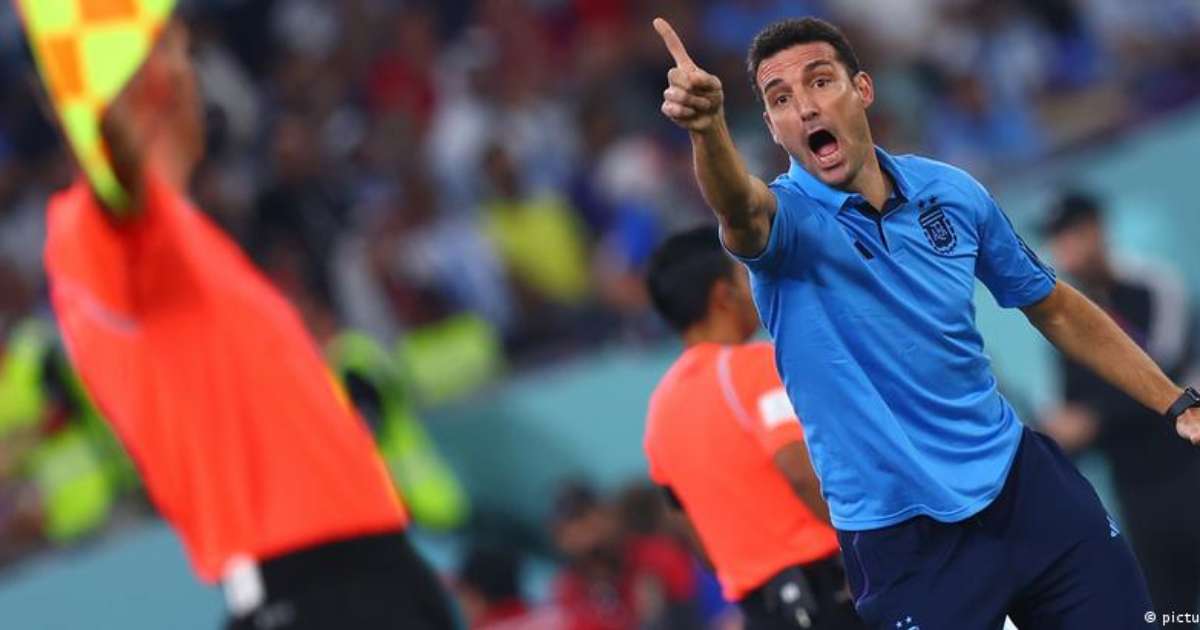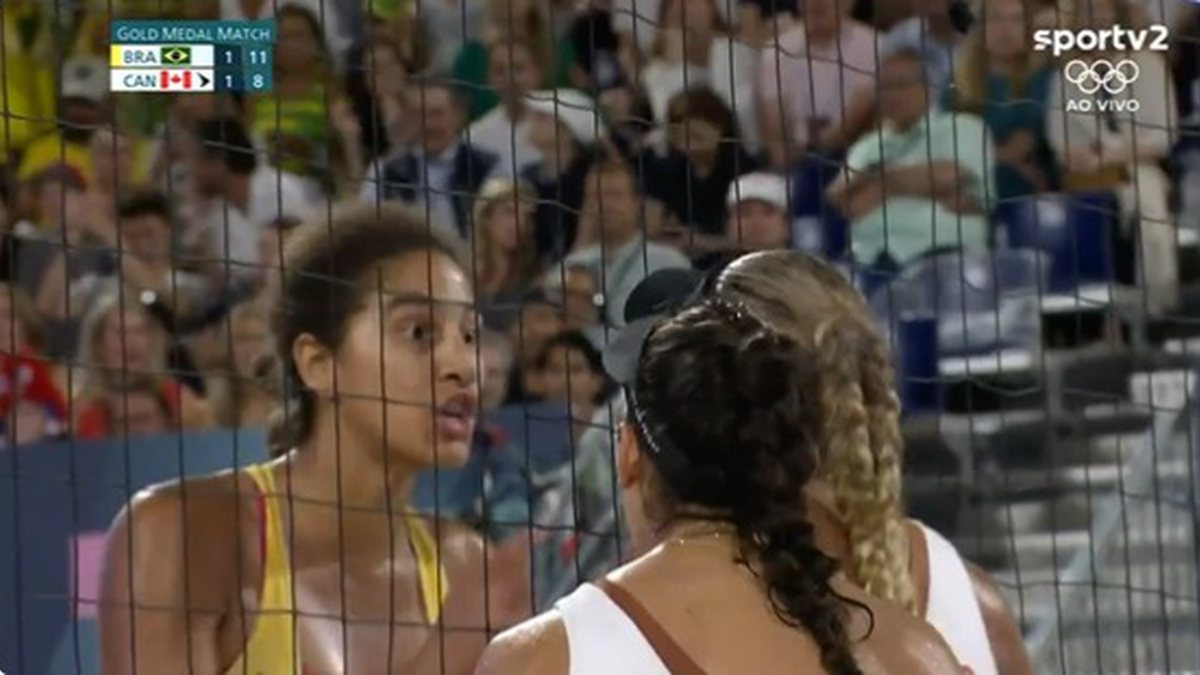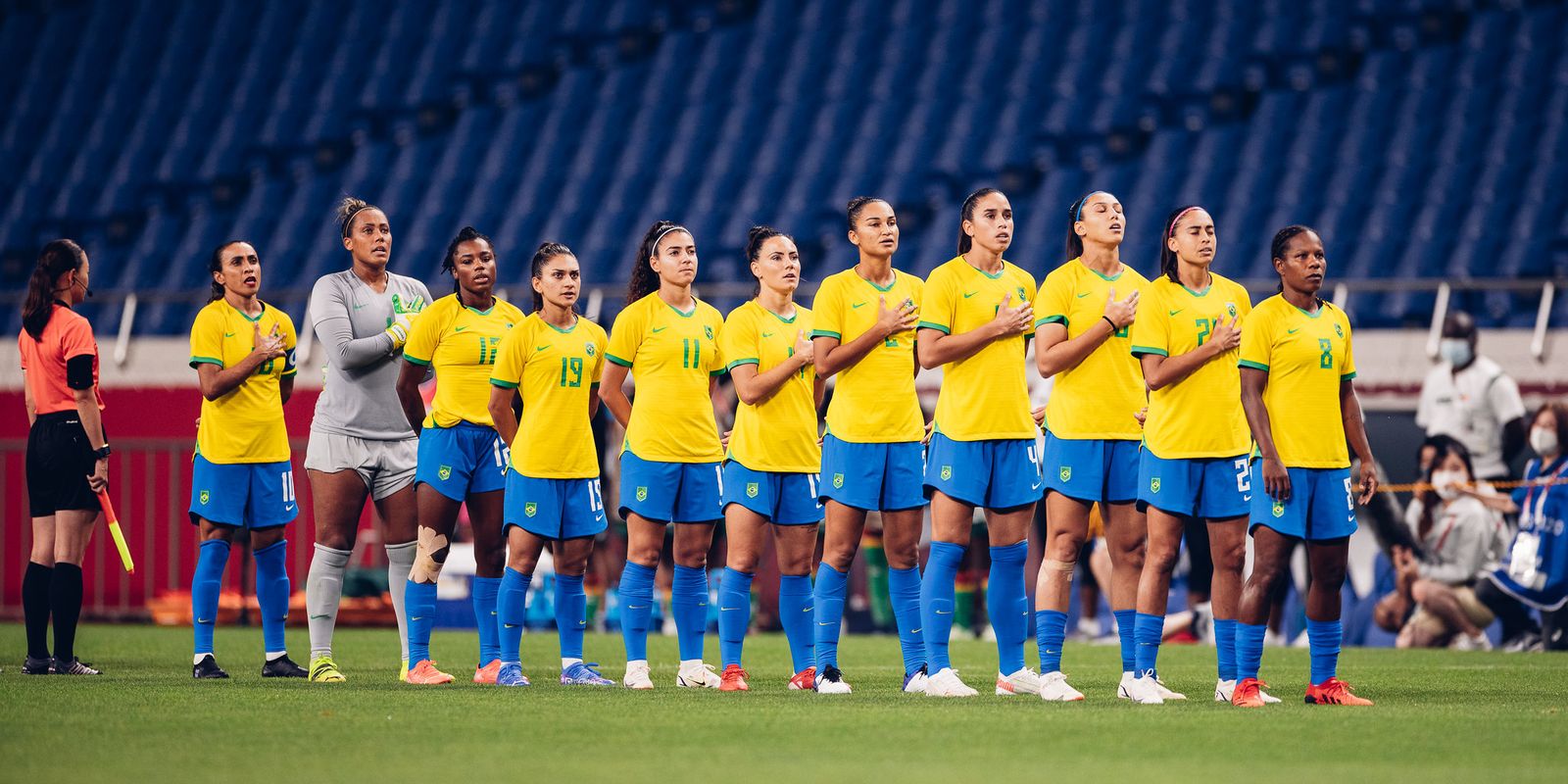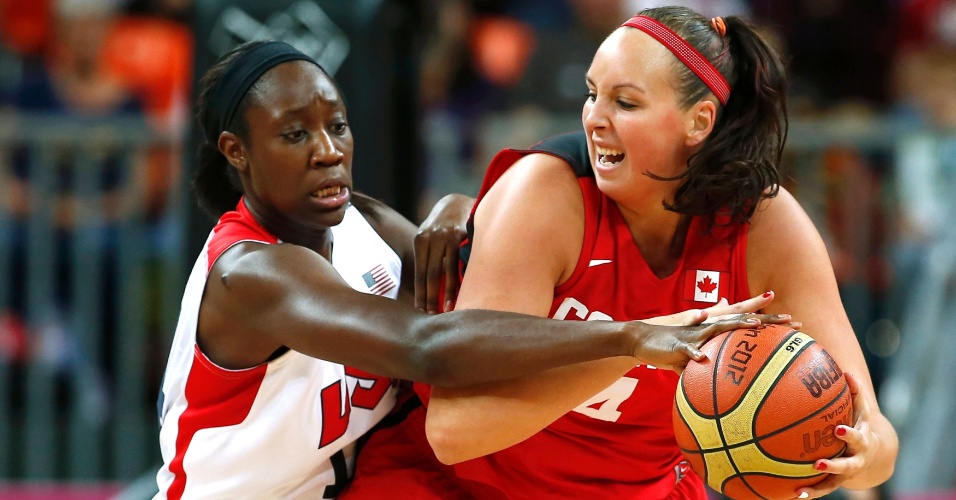In the end, it mattered little as Argentina and Poland qualified for the round of 16. But a penalty awarded to Lionel Messi was another reminder that VAR isn’t fair and doesn’t work, believes Matt Pearson. But in purely sporting terms, some of the decisions made by the Video Assistant Referee (VAR) have been outlandish.
Poland struggled to maintain a goalless draw with Argentina in the first half on Wednesday. Polish keeper Wojciech Szczesny had just made another brilliant save and leapt to cut in a cross at the far post. On the way down, he ended up brushing Lionel Messi’s face with his left hand – the ball was already lost and the action did not interfere with the outcome of the game.
Moments later, the Polish keeper flashed a grim smile as referee Danny Makkelie, who initially saw no problem with the contact, came back from the VAR monitor to reverse his decision. Apart from the rowdy Argentines in the stands and on the pitch, hardly anyone considered the gesture punishable.
Subjective decisions are problematic
The same thing happened on Monday, when an absurd penalty was awarded to Portugal already in stoppage time against the Uruguayan national team – the touch of the ball from the hand of Uruguayan defender José María Giménez was interpreted as a violation of the rules of the game.
While semi-automatic VAR has shown improved efficiency in offside calls, bizarre subjective decisions are hard to swallow.
The problem isn’t that Szczesny saved Messi’s penalty or that Argentina and Poland advanced in the competition after the South Americans won 2-0. The point is that that – and a handful of others decisions – are not such clear and obvious mistakes. in which the VAR should intervene and help the referees in reversing their decisions on the pitch.
The hindrances are measurable and, by and large, objective. Fouls and touches on the ball, no. So there may be an argument here to keep what works and throw away the part that didn’t work.
But realistically, we’re stuck in this flawed system operated by humans making human errors. FIFA and the biggest and most profitable leagues in the world have embraced VAR and it seems out of the question whether the system will work or not.
Who wins with VAR?
It is very difficult to see who, apart from the current beneficiaries, benefits as it is. Officials on the pitch are forced to ponder decisions in the distorted light of slow-motion replays, players have no idea how to defend safely, coaches are still dissatisfied with the desired consistency of the refereeing and the fans often have no idea what’s going on. on.
Proponents of VAR suggest it eliminates terrible mistakes and allows for more rational decision-making. But these two sanctions and several others, including the one granted to Iran against England and the one not granted to Canada against Belgium, are confused, poorly explained and unfair. Some of these decisions actually create errors, they don’t eliminate them.
In addition to that, in certain moments of a match, like in corners for example, there is always a lot of contact between the players. And those contacts look worse when viewed in slow motion and from multiple angles.
Canada is eliminated and Uruguay can leave the World Cup this Friday. Maybe Canada’s Alphonso Davies missed the mark for the second time in the game and maybe Uruguay managed an unfair late draw against Portugal. But if VAR doesn’t make better decisions than the referees on the pitch, then what’s the point?
🇧🇷
Matt Pearson is a reporter for DW. The text reflects the personal opinion of the author, not necessarily that of DW.
🇧🇷The best content in your email for free. Choose your favorite Terra newsletter. Click here!

“Evil pop culture fanatic. Extreme bacon geek. Food junkie. Thinker. Hipster-friendly travel nerd. Coffee buff.”






:strip_icc()/i.s3.glbimg.com/v1/AUTH_da025474c0c44edd99332dddb09cabe8/internal_photos/bs/2024/x/2/N6XJkFRYWxJY6hAeUEtw/betty2.png)
